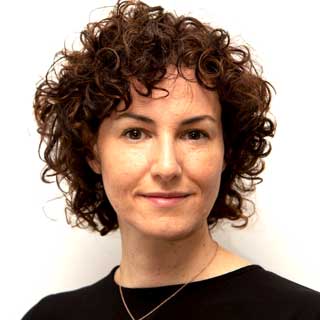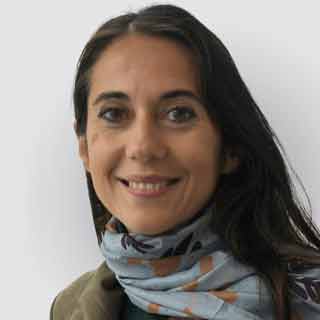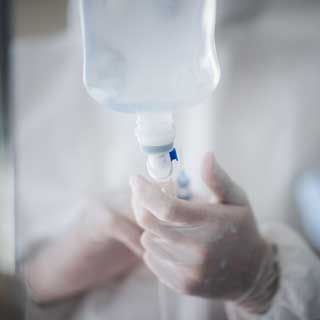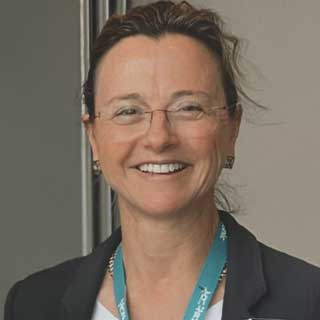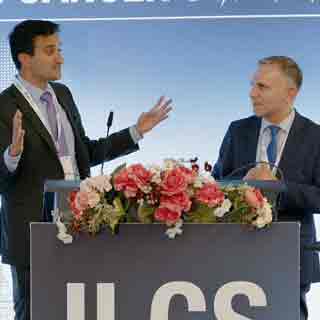Ahead of the 6th International Lung Cancer Summit (ILCS) scheduled for October 4th, we caught up with chairs Prof. Solange Peters and Prof. Alfredo Addeo to discuss the ILCS’s unique interactive features and expectations for this year’s event. In this interview, Prof. Peters and Prof. Addeo discuss the critical role of fostering global connections among thoracic experts to share both triumphs and obstacles in treatment. They also elaborate on the primary themes of this year’s ILCS and reflect on their extensive experience in organizing and hosting this influential summit.
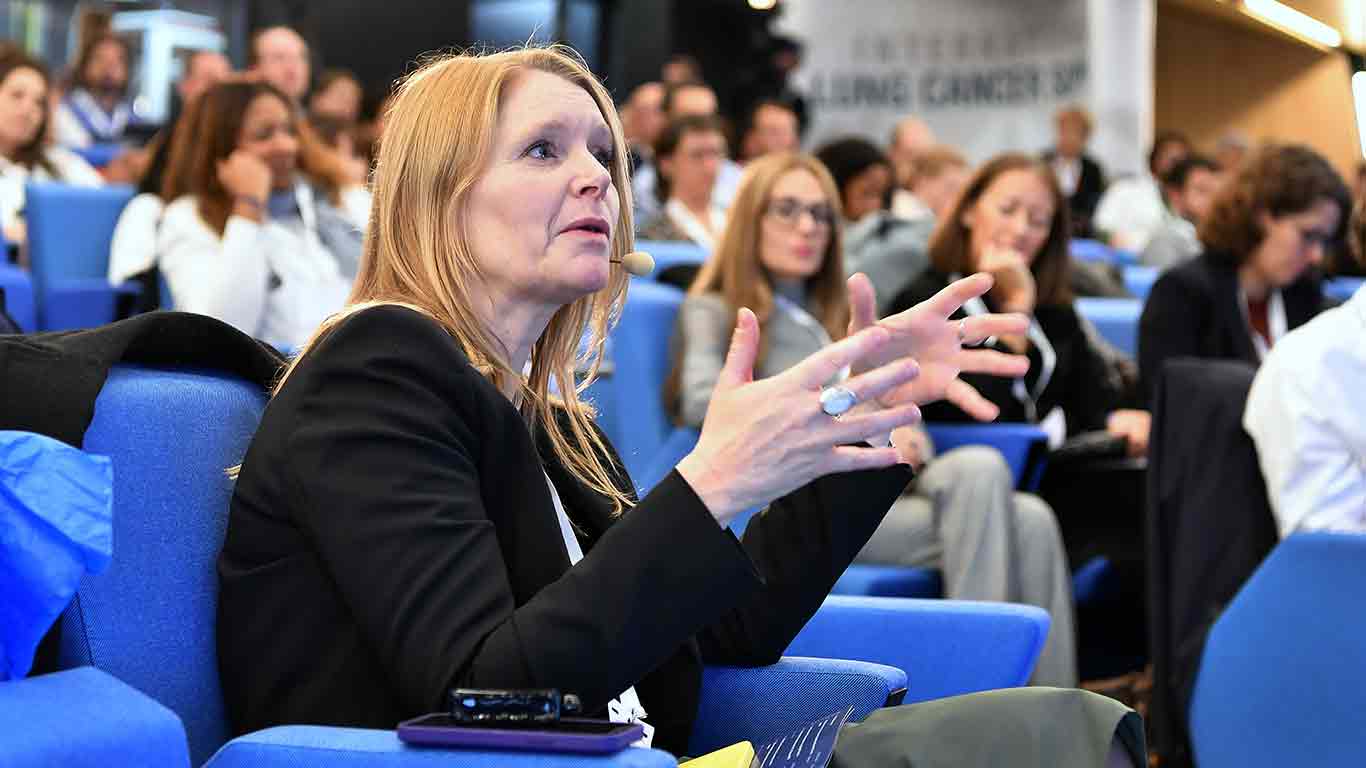
Prof. Solange Peters at the 5th International Lung Cancer Summit, 2023 © ILCS | lungcancersummit.com
What is the International Lung Cancer Summit (ILCS) and why is it so important?
Solange Peters: The ILCS is a forum for everyone in the field of lung cancer from all over the world to connect, discuss and exchange the latest and personal challenges in thoracic oncology. The landscape for the treatment of lung cancer has evolved dramatically in the past years thanks to enormous efforts from scientists and researchers worldwide. The medical gap in thoracic oncology, however, remains incredibly large and the potential for novel treatment methods is enormous. Our goal is to find a way through the jungle of available scientific evidence and data to reach a consensus on the optimal treatment approach and to share these results with all stakeholders, ultimately benefiting all of us: the organizers, the participants, but most importantly our patients.
The ILCS is also a pioneering platform because, even before the COVID19 pandemic, it set a milestone as an educational hybrid event with the possibility to participate both online as well as on-site, allowing a virtual, independent outreach to many people from all over the world without traveling to Lausanne. As a result, we now have participants from over 85 countries and we hope to reach even more people this year who can make use of this format, which is indeed more sustainable and environment-friendly.
How does the ILCS distinguish itself from other lung cancer conferences?
Alfredo Addeo: I can think of several things. First and foremost, this conference brings together both young and established experts from around the globe to put the most relevant studies of the past year into the clinical context in an attempt to align on a common approach. This brings a diverse range of experiences from both the speakers and the audience, creating a valuable exchange where everyone contributes from their unique background.
What makes this conference so unique is its atmosphere, which is very different from other meetings. It was born from the collaboration between Lausanne University Hospital and the University Hospitals Geneva to bring together leading key opinion leaders from various countries who bring their own challenges and perspectives. That said, as a faculty, we encourage asking questions and speaking up, sharing personal experiences from daily clinics, and discussing thought-provoking topics in an open forum. . We take advantage of this to discuss the difficulties among healthcare professionals that we face and struggle with every day. Another point that makes the ILCS a special event is the reproduction of knowledge and data. We do not only try to communicate or present the latest data, but we also want to analyze and interpret them and then translate them into our own practice.
On the other hand, we have world-renowned specialists in the field of lung cancer on site in Geneva or Lausanne, which puts the lectures and discussions at the highest level of quality. And still, it feels like being in a small group among friends, where you can ask all your questions at any time without fear, and you meet each other with the highest level of respect and helpfulness. So come and ask all your questions, share your concerns, and discuss the latest therapy approach with all of us!
What are the reasons for healthcare professionals to participate in this year’s lung cancer summit?
Solange Peters: There are many reasons why healthcare professionals should attend the ILCS. First of all, you have to realize how difficult it is for clinicians to keep up with the bulk of trial data and filter out the most suitable therapy options, especially when we consider available biomarkers, toxicities, comorbidities, and access to drugs. Unfortunately, this is not uncommon, and it is for this reason that we need to openly discuss these challenges to find a consensus on the complexity of the data and share it with everyone.
In addition, this event is meant to be very interactive for all attendees. This means that anyone online or on-site can speak up, add comments, ask questions, and also share patient cases. We appreciate it when viewers behind the screen can also submit live video messages, which we can then show during the conference and discuss in the panel. And should you not be able to join us live on October 4th, whether virtually or in person at the event, you can watch all the lectures and discussions afterwards, as all discussions and presentations will be available on demand the next day.
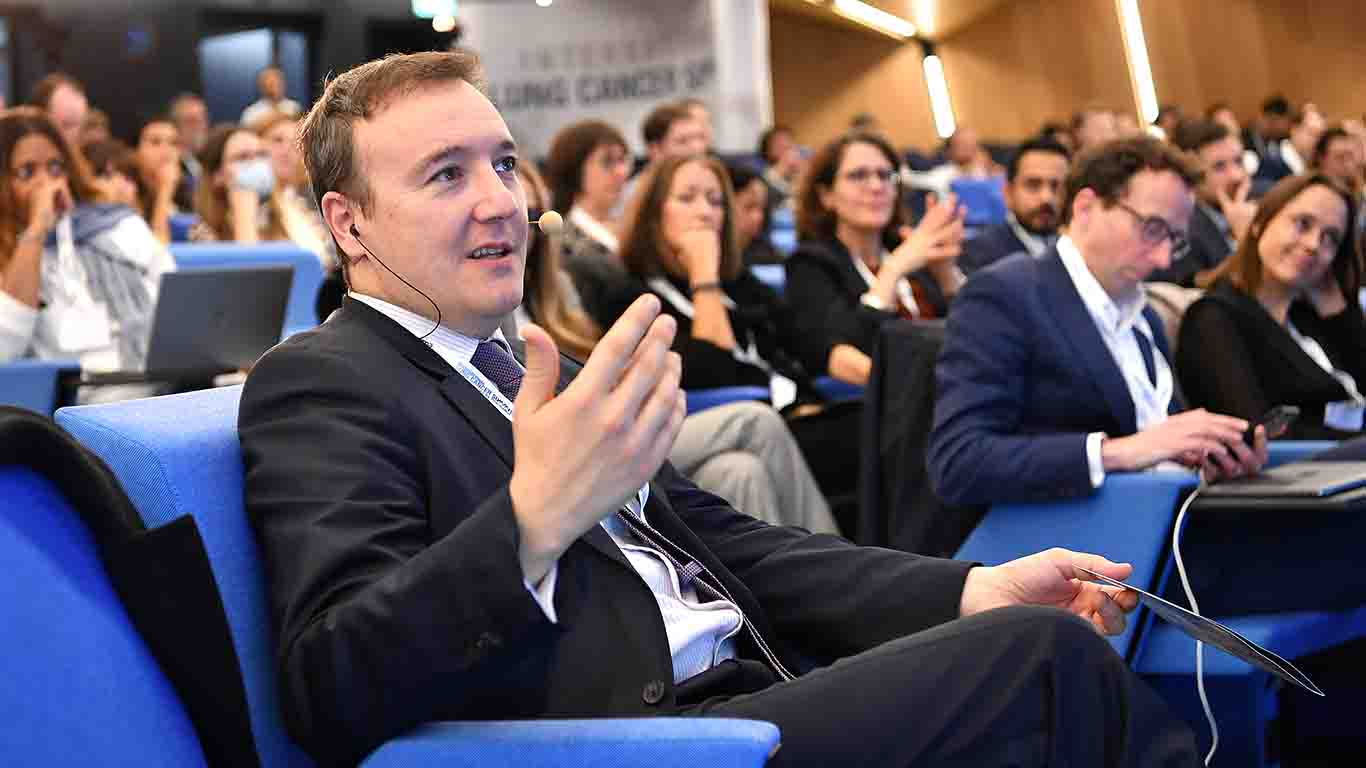
Prof. Alfredo Addeo at the 5th International Lung Cancer Summit, 2023 © ILCS | lungcancersummit.com
What will be the focus of this year’s ILCS?
Alfredo Addeo: Our focus will essentially be the clinical picture of small cell and non-small cell lung cancer at different stages of the diseases. An important question will be whether immunotherapies with or without combinations really are the most appropriate options in some of these indications and what alternatives we have available. We will certainly also discuss the use of targeted therapies and oncogenic driver mutations, which are taking on an ever-increasing role in therapeutic options. And what about the patients for whom there is no suitable therapy due to comorbidities? I am sure that many will be glad to be able to discuss this with others and get an idea of available options.
And of course, there is still chemotherapy and radiation, which continue to play an essential role, as well as surgery. Combining these therapy options, or selecting the most proven and helpful ones for the patient, will continue to play a central role in the future and challenge us with multimodal approaches. This is an extremely complex field and therefore it is all the more important that specialists continue to find a common approach. And that’s exactly what the ILCS is designed to help with.
Who should attend the International Lung Cancer Summit?
Solange Peters: The target audience for the ILCS is broad and comprises any stakeholder who wants to follow the scientific landscape in thoracic oncology, with its hundreds of new studies and trial data being published every year. Apart from oncologists, we wish to invite radio-oncologists, surgeons, pneumologists and pathologists to join us and bring in their perspectives. We are obviously also happy to welcome general practitioners and nurses, who take key roles and responsibilities for our patients. They are in direct contact with patients, which makes it even more important that the knowledge shared at the ILCS is conveyed to them and made accessible for their everyday practice. And importantly, we also welcome patient advocates and anyone interested in lung cancer to help bring this knowledge to patients the next day
What are you most proud of when it comes to the ILCS?
Alfredo Addeo: I must admit that I am proud that we are holding the ILCS this year for the 6th time in a row. For the last 6 years, it has always been about the joint collaboration between two major academic centers in Switzerland. On the one hand, this is my hospital, the University Hospital of Geneva. On the other hand, there is the Lausanne University Hospital, where Prof. Solange Peters works. The collaboration between Solange and myself, along with the two University Hospitals of Lausanne and Geneva at the International Lung Cancer Summit, highlights the critical importance of teamwork and cooperation among physicians to find the best therapeutic options for our patients.
Another point that makes me proud is that we are meeting with so many important professionals from all over the world from different continents, who are very eager to participate with their expertise and knowledge. Finally, what I also appreciate is that we can share all this important information in a single day and make it accessible for free until we meet again next year.
The 6th International Lung Cancer Summit is set to take place virtually and onsite at the Centre hospitalier universitaire vaudois – CHUV, Lausanne. Explore the full program and secure your seat at lungcancersummit.org


